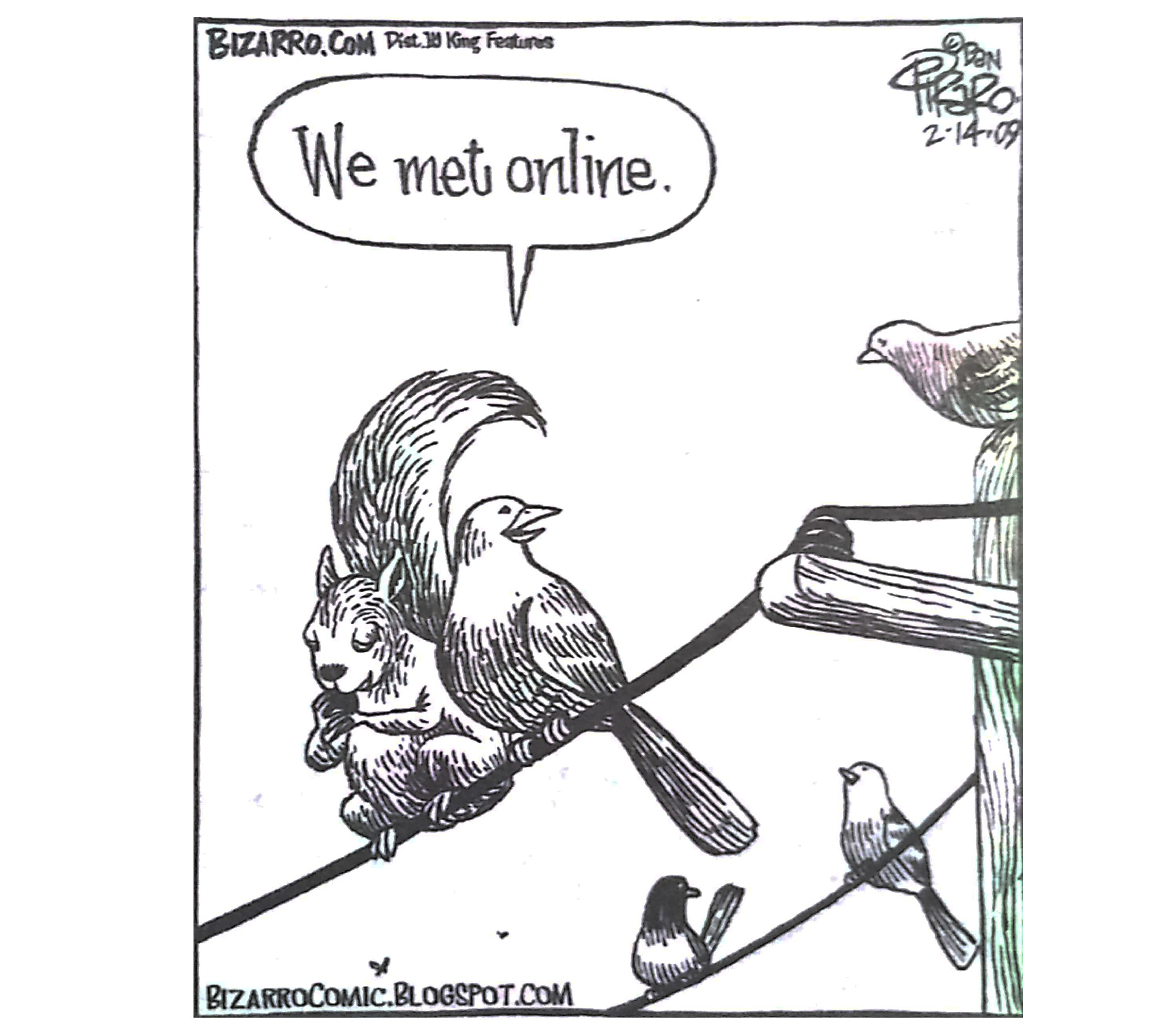LEARN A LITTLE:

It is going to be unpleasant and you are going to do it.
As a leader, there are those times when you have to do the unpleasant thing: to fire someone, to reassign them, to tell the employee he has bad breath.
There is also the time when you have to forgive and accept others’ weaknesses with the expectation that they will accept your shortcomings as well.
There’s a story of a ship’s mate, who, in a brief spell of despondency, suddenly took to drink. At the end of his watch one night, he consulted the log which his captain had been keeping. And there, at the close of the night’s entries, he found the statement, “The first mate was drunk again tonight.”
He went to the captain and begged him to strike the remark from the record, but the captain, a teetotaler himself, was adamant. The mate reminded the captain of his previously perfect record, implored him to overlook this one fall from grace, but the captain shook his head. “You know as well as I do,” he intoned, “That the purpose of the log is to record the facts―all the facts about everything that happened on the voyage. It’s true that you were drinking―and you can’t deny it―then the fact belongs in the log.”
The next night it was the captain’s turn to take the watch and the first mate’s night to keep the log. And this he did, conscientiously recording nothing but the facts about the position of the ship, its course, the condition of the cargo, the weather and so forth. And at the very close of the report was the simple, concluding entry: “Tonight the captain was sober.”
A great many questions of an ethical nature arise in our dealings with our subordinates, our colleagues, and our supervisors. What we commonly refer to as the “atmosphere” of a workplace―the spirit in which a group of people works together―invariably reflects something of the character and personality of the leader in charge. If there is doubt and suspicion and insecurity, if buck-passing and petty rivalries are rampant, then the chances are that the leader’s values and ethics won’t stand scrutiny.
You set the tone.
LAUGH A LITTLE:

REFLECT A LITTLE:

Proverbs 3:3
“Never let loyalty and kindness get away
from you: wear them like a necklace;
write them deep within your heart.”
READ A LITTLE

Corporation Man
– Anthony Jay, 1972
Note: This is an old book, and out of print in the U.S. There is a current U.K. Edition. Google it. There may be some used copies for sale online. Check your local library.
While it’s nearly fifty years old, Corporation Man should be read by every leader who is seeking greater knowledge and understanding, especially concerning how corporations and organizations work.
The book is replete with astute and practical wisdom-we accomplish little by ourselves―hence he explains the importance of having a hunting band. He further notes the notion that a king (leader) must not mistake the palace for the kingdom.
He goes on to observe the fact that in almost all corporations, the “present is the enemy of the future” and that “the most significant and hardest change to make is an emotional one, the shift from controlling people to trusting them.”


